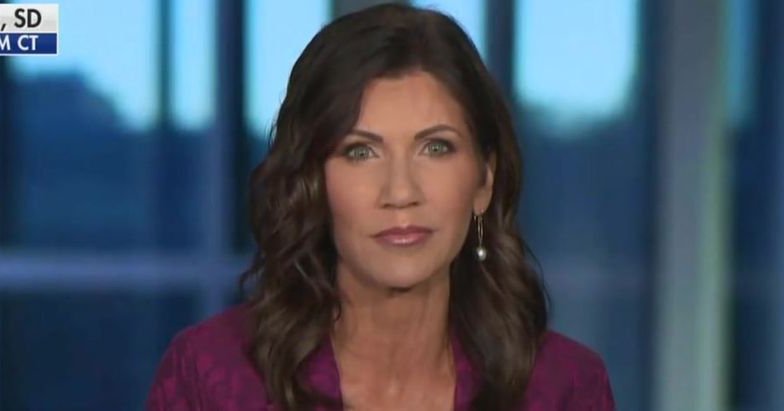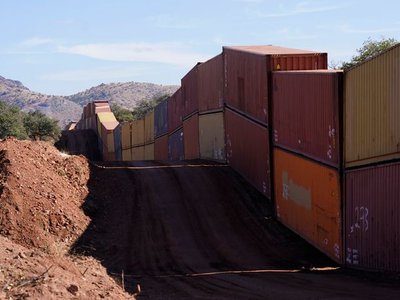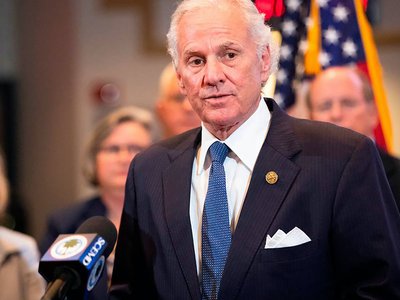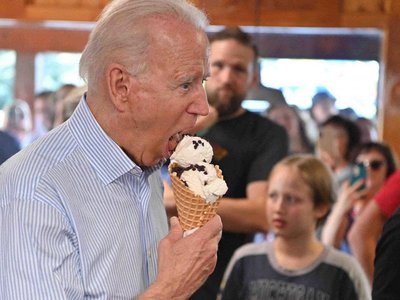Per The Federalist by Governor Kristi Noem:
From day one, I committed to let the science, facts, and data drive South Dakota’s response to COVID-19. Though there has been much handwringing these last several weeks, when it comes to schools, the science is clear: we need to open them.
Let’s walk through the facts together.
First, when it comes to children, the virus doesn’t impact them even on the same level as the flu. A JAMA Pediatrics report states, “Our data indicate that children are at far greater risk of critical illness from influenza than from COVID-19.” The American Academy of Pediatrics (AAP) reports, “SARS-CoV-2 appears to behave differently in children and adolescents than other common respiratory viruses, such as influenza, on which much of the current guidance regarding school closures is based.”
Toronto’s world-renowned Hospital for Sick Children (SickKids) echoed this finding, saying, “evidence is mounting that children may be less susceptible to SARS-CoV-2 infection and may be less likely to transmit the virus to others.” Daniel Koch, Switzerland’s head of public health, has said that even when children test positive for the virus, their viral load is low, and it seems that adults tend to infect children, not the other way around.
Second, we know that it is extremely harmful to kids to keep schools closed. We know that children thrive on routine and being in supportive, social environments. We know that the loss of human connections for many of these kids is driving increases in stress, anxiety, and depression. We know this to be true most especially for our most vulnerable students.
The AAP succinctly notes, “Schools are fundamental to child development and well-being and provide our children with academic instruction, social and emotional skills, safety, reliable nutrition, physical/speech and mental health therapy, and opportunities for physical activity, among other benefits.” I say all of this because not all kids are in safe home environments; for some students, school is the safest and most predictable place they spend their time.
A similarly critical point is that long-distance learning may have gotten us through the initial crisis, but it is not a long-term solution. One reason for this is because of the great disparities in remote learning. Initial nationwide research suggests that students will return to school in the fall with roughly 70 percent of learning gains in reading relative to a typical school year, and less than 50 percent in math, according to projections from the NWEA. Remote learning may work for some, but it is not the answer for most.
In South Dakota, one of our largest school districts self-reported that they lost contact with as many as 30 percent of students when we went online. Think about that: some schools in our state haven’t heard from as many as a third of their kids since March. That cannot continue. Those kids are likely to fall behind, with lifelong consequences to their career opportunities and family life.
It’s also important to remember that schools are not just about kids. Teachers, administrators, and school staff all work together in these buildings. Opening schools impacts them as well.
Fortunately, teachers are unlikely to be infected by students. Remember what that SickKids report tells us: “evidence is mounting that children may be less susceptible to this virus and may be less likely to transmit the virus to others.” If kids are unlikely to get teachers sick, then teachers’ main health concern would be protecting against transmission between themselves.
The vast majority of teachers and staff in South Dakota are not in the high-risk category. But some are, and they have many options available to them, such as social distancing, masking, and proper hygiene. If vulnerable teachers need to teach online classes to vulnerable students, that is certainly an option that is also available.
Remember, too, that online instruction does not reduce exposure outside the classroom. Dr. Scott Atlas at Stanford University notes that the risks to adults in schools are much less than those encountered in grocery stores, pharmacies, and other essential businesses.
My goal as governor is to make decisions that promote opportunities and security for the next generation. What we do today should be a catalyst for our young people to start businesses, invest in their communities, grow their families, develop their careers, and build a great quality of life.
Right now, the best decision we can make for our kids — for their full development and well-being — is to get them back into school. Their futures — and ours — depend on it.






